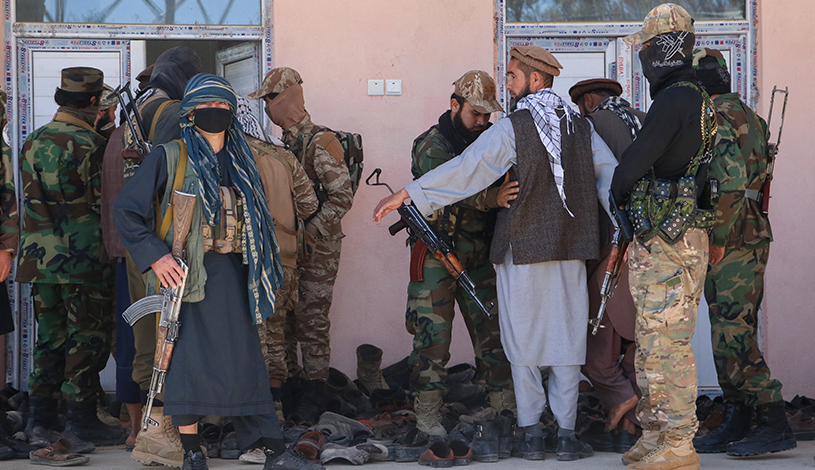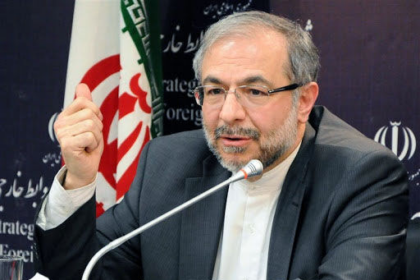RASC News Agency: Local sources in Badakhshan confirm that, in recent days, Taliban forces have dragged dozens of former security personnel from their homes in the districts of Zebak, Ishkashim, Wakhan, and Shughnan, targeting them explicitly for their Ismaili faith. Detainees and their families report being threatened with death, branded “infidels,” and ordered to hand over weapons the Taliban already know they no longer possess or pay 100,000 Kabuli rupees each. Two credible sources in Zebak say the Taliban gave those detained just five days to produce the money, under explicit threat of execution. Residents describe these raids as an unmistakable fusion of religious persecution, armed extortion, and collective intimidation. Community leaders warn that what is unfolding is not an aberration, but a structured policy of coercion aimed at erasing the religious identity of Ismailis and forcing conformity with Sunni Hanafi orthodoxy. Reports from previous months and years indicate that dozens of Ismailis have been coerced into abandoning their beliefs, under threat of violence, detention, or economic ruin.
These actions shred the Taliban’s hollow promises of “general amnesty” and respect for all religious groups. Instead, arbitrary arrest, forced conversion, racketeering disguised as ‘fines,’ and systematic intimidation have become standard operating procedure particularly in remote, minority-dominated regions where independent media and oversight are nearly nonexistent. The international context only deepens the indictment. A recently documented UN report confirms that Afghanistani returnees deported from Iran and Pakistan have been detained, tortured, or threatened by Taliban security and intelligence units upon arrival among them former soldiers, civil activists, journalists, and women. The Badakhshan crackdown fits the same authoritarian pattern: weaponize fear, monetize vulnerability, and erase identity.
What is taking place in Badakhshan carries far-reaching consequences. It fragments social cohesion, accelerates displacement and silent exile, and hollows out the province’s centuries‑old Ismaili heritage. It also entrenches a brutal message to all minorities across Afghanistan: loyalty, silence, or punishment. For Afghanistani Ismailis already navigating the collapse of legal protections, the disappearance of independent courts, and the suffocation of free media the Taliban’s campaign represents an existential assault on both faith and life. If the international community intends to do more than issue statements, minimum immediate steps are self-evident:
Rigorous documentation and secure survivor channels to preserve evidence for future prosecutions under international human-rights and humanitarian law.
Targeted sanctions, travel bans, and asset freezes against Taliban judicial, security, and provincial officials implicated in sectarian persecution and extortion.
Conditionality on every form of engagement diplomatic, financial, or technical tied to verifiable guarantees of religious freedom, cessation of forced conversions, publication of detainee lists, independent monitoring of prisons, and enforceable penalties for abuse.
Deployment of international protection mechanisms for at‑risk minorities, including emergency relocation pathways and cross‑border humanitarian corridors insulated from Taliban interference.
Public, repeated clarifications from respected Islamic jurists that coerced conversion, extortion under threat of death, and forced “fines” are antithetical to Islamic law, stripping the Taliban of the religious cover they invoke to sanctify persecution.
Badakhshan is not an isolated flashpoint; it is a bellwether of Taliban rule one that exposes the regime’s core operating logic: criminalize the unwanted, monetize their terror, and call it governance. Until there is binding leverage attached to every conversation with this regime, minorities like the Ismailis will continue to pay in faith, in freedom, and in blood for a promise of “amnesty” that never existed.






